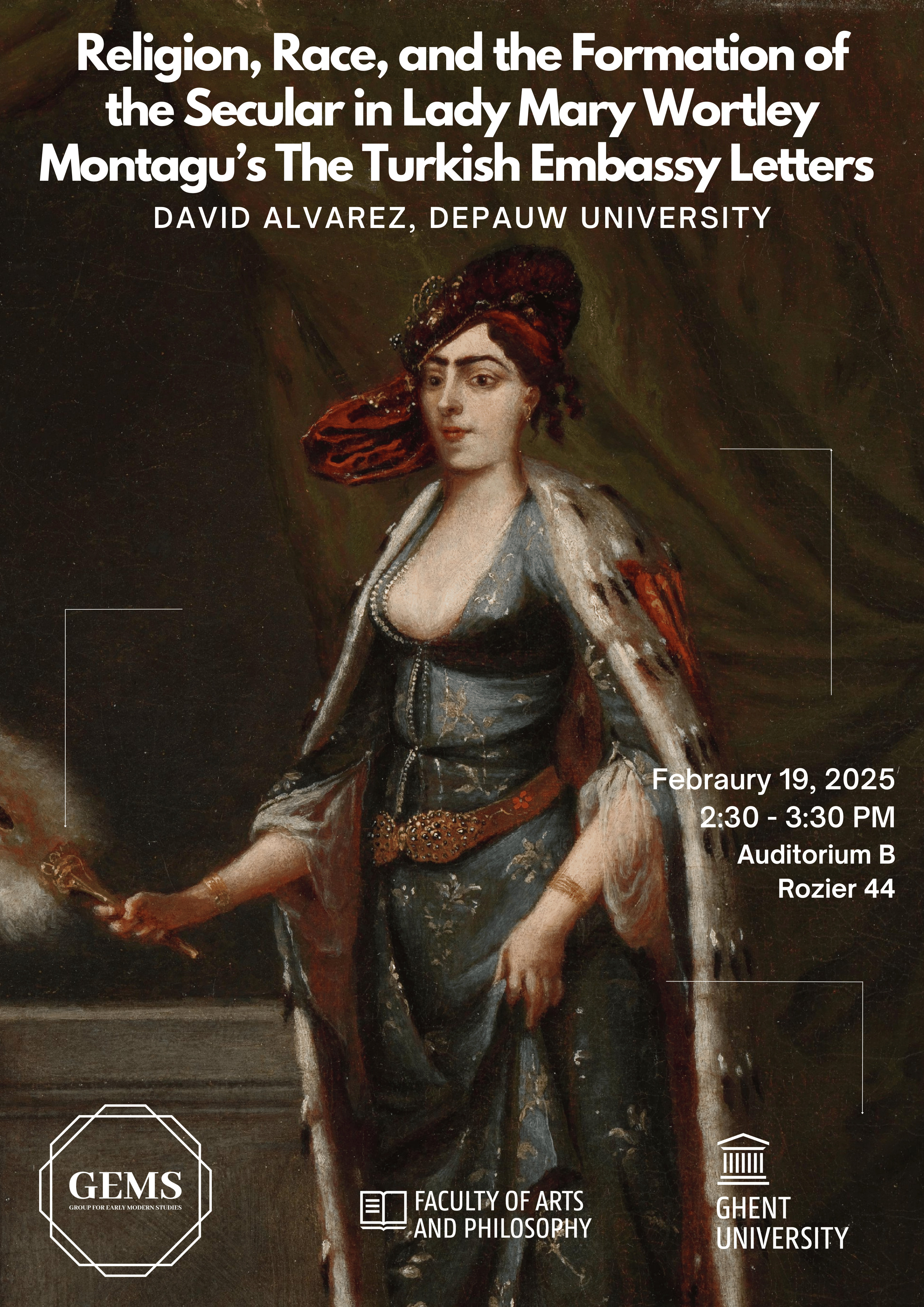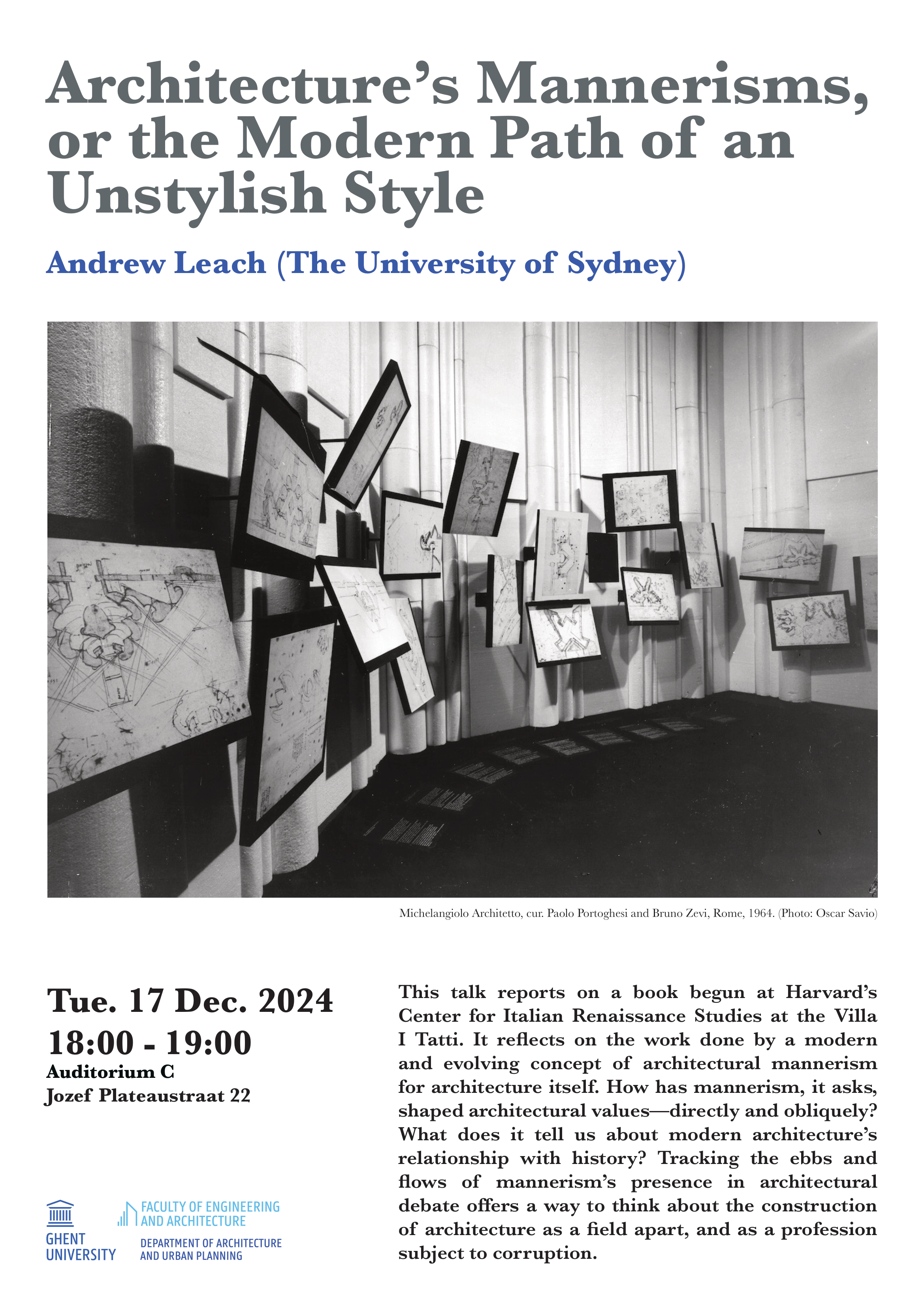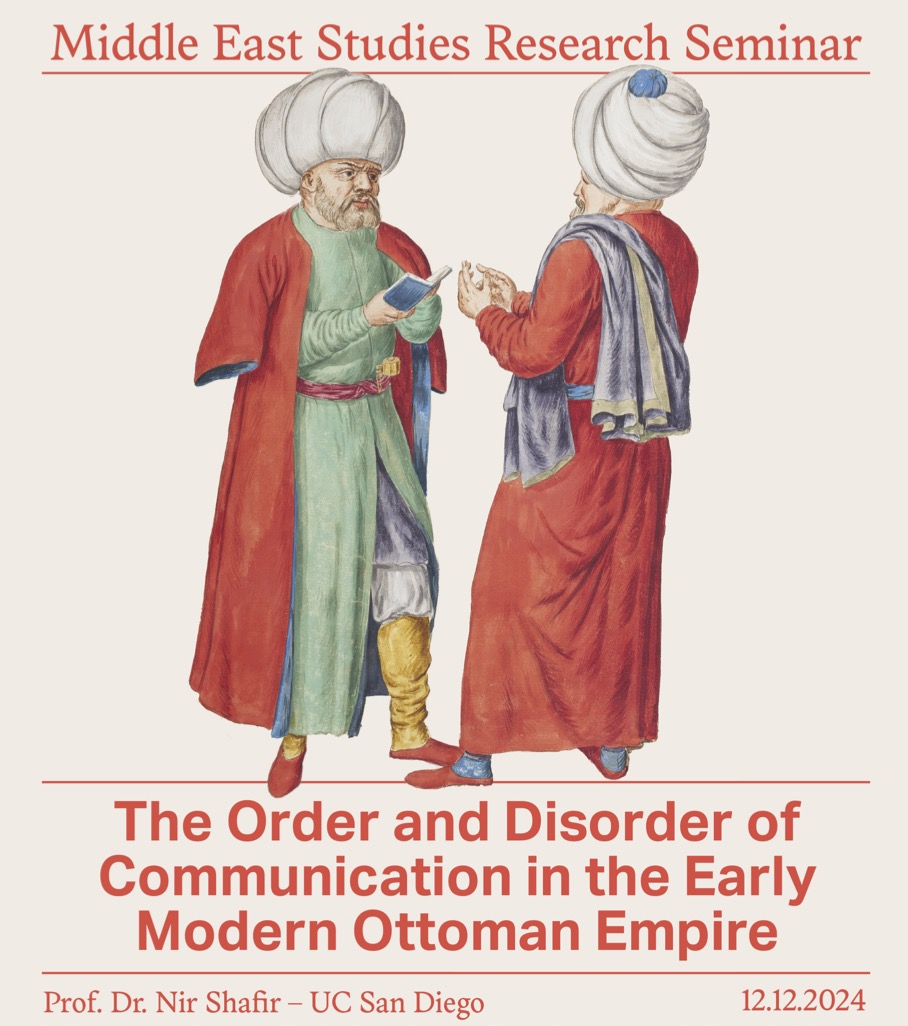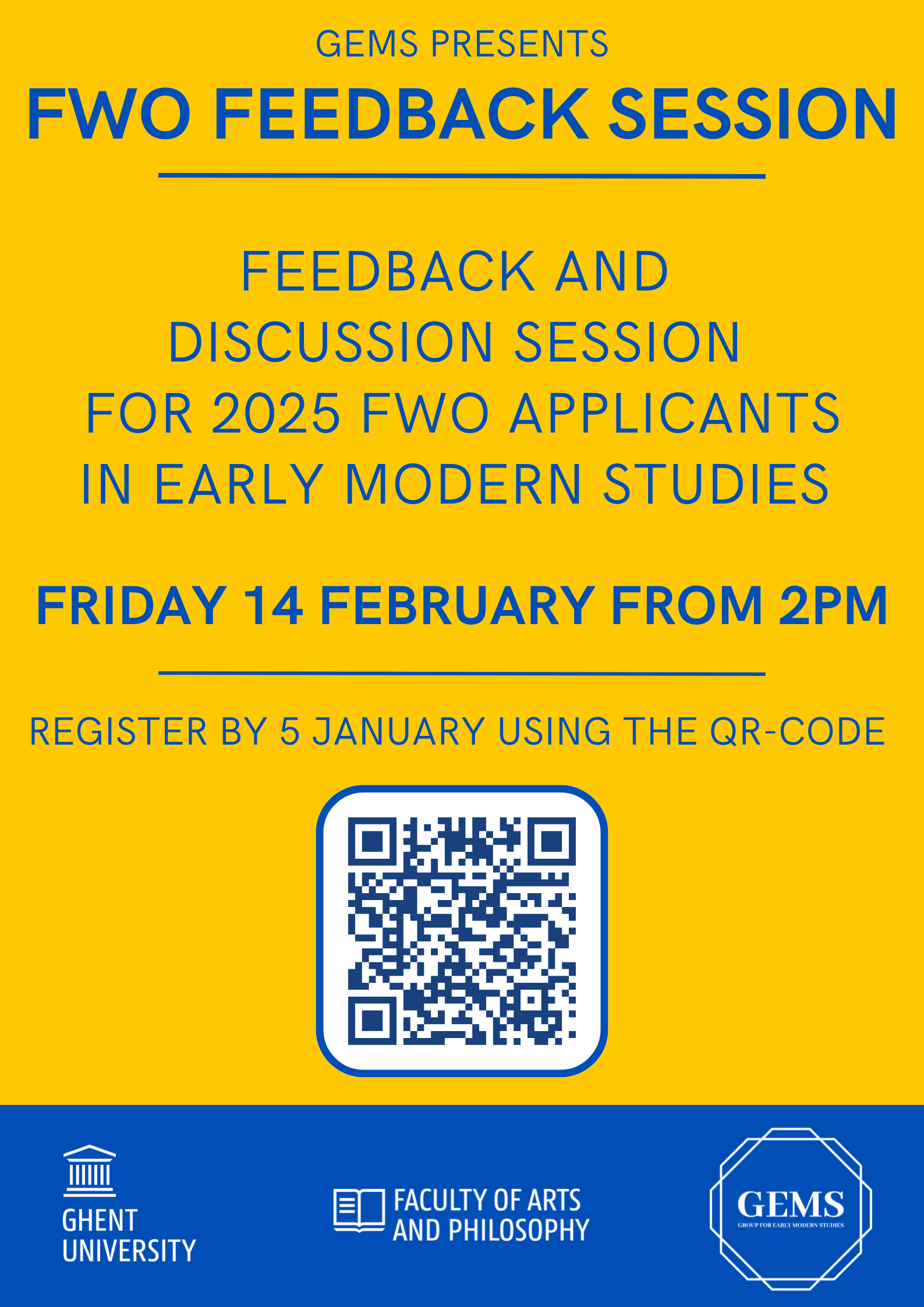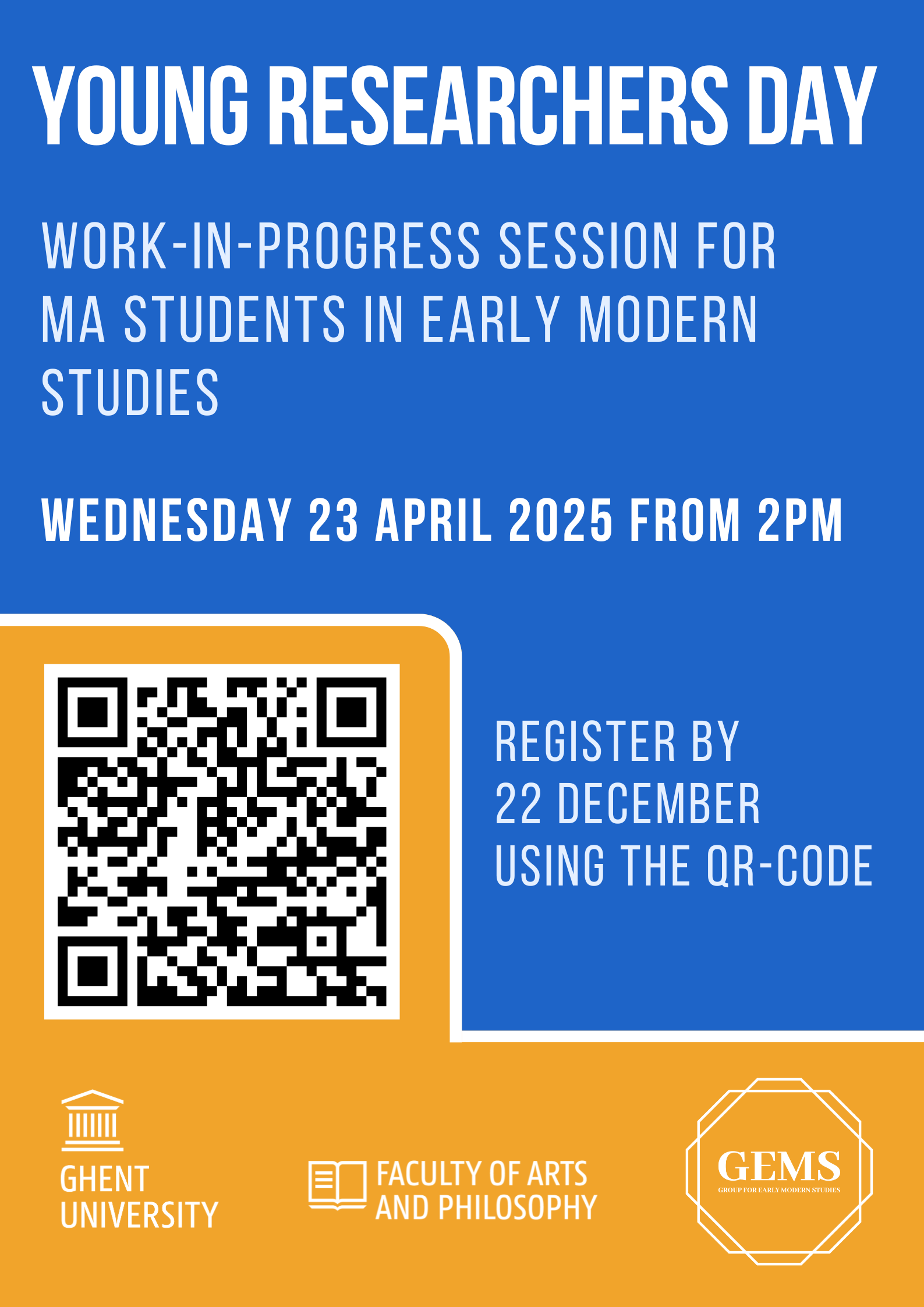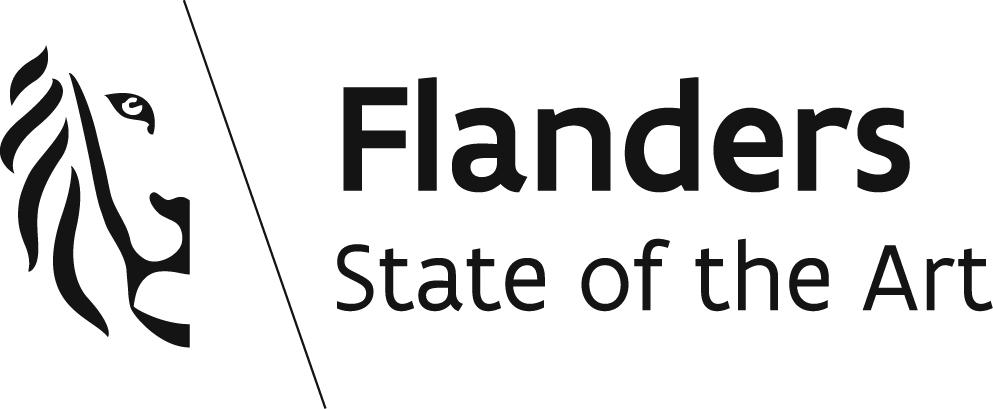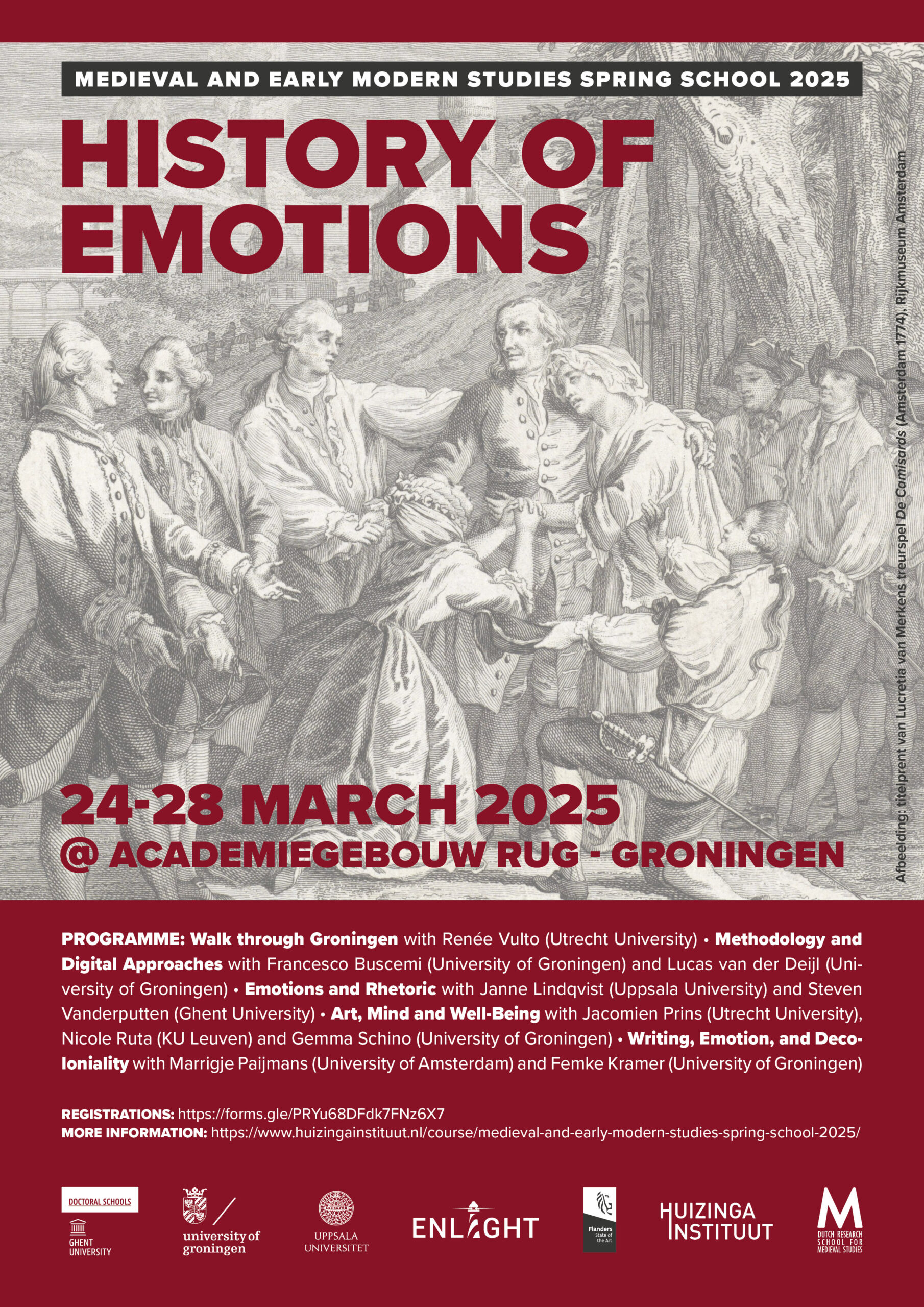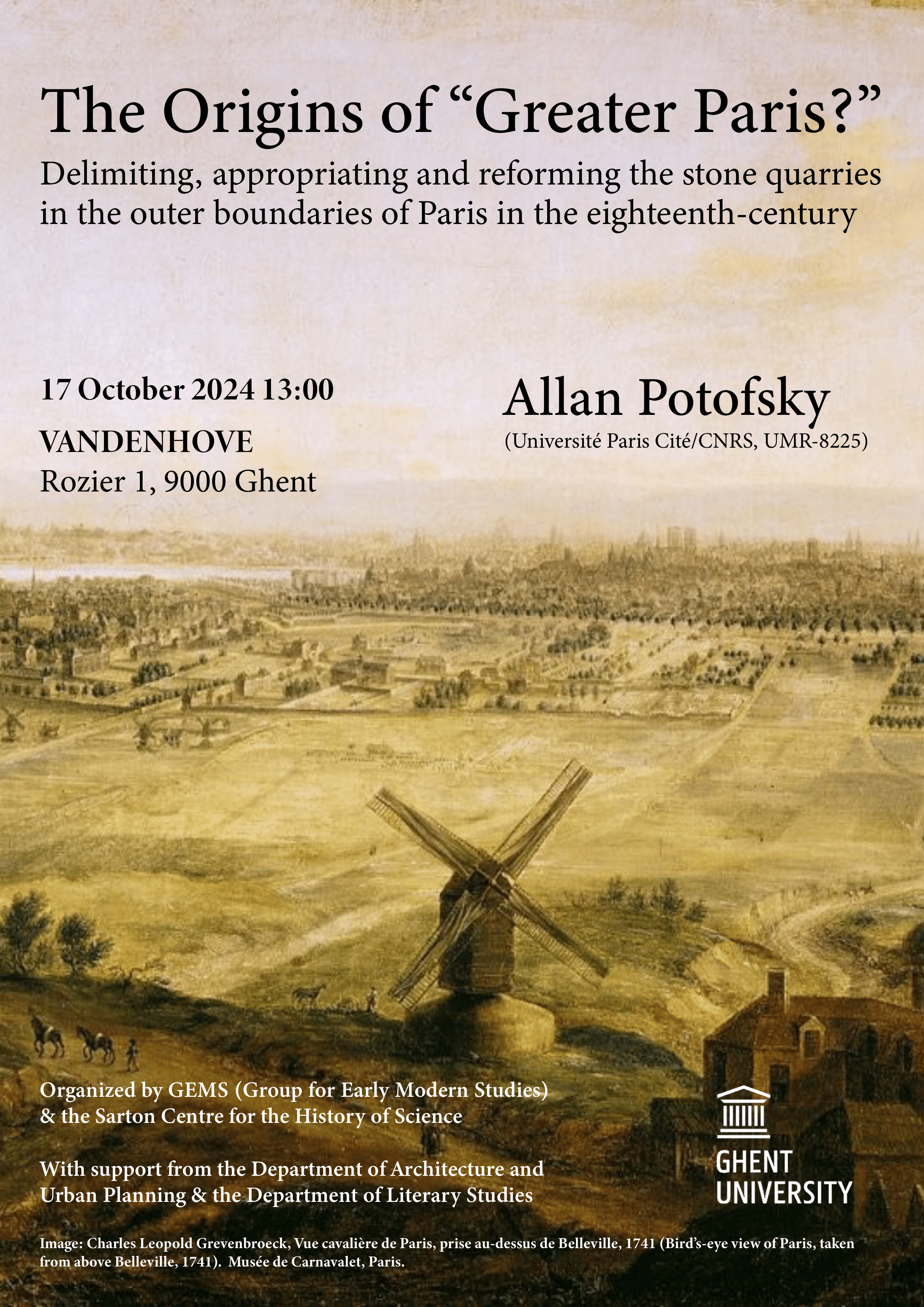GEMS is hosting a talk by Prof. Dr. David Alvarez (DePauw University) on religion, race, and the formation of the secular in Lady Mary Wortley Montagu’s The Turkish Embassy Letters.
February 19, 2025
2:30-3:30pm
Auditorium B, Rozier 44
Europe and Islam, feminism and the veil, orientalism, empire, and race: there are few works of eighteenth-century British literature that seem as topical as Lady Mary Wortley Montagu’s The Turkish Embassy Letters (1763). One of the first women to describe her travels to the Ottoman Empire, and one of the first Europeans to visit women-only spaces there, Montagu praises many aspects of Ottoman culture and society, most notably the liberty of the “Turkish ladies,” who are, she claims, “(perhaps) freer than any ladies in the universe.” Hailed in the last thirty years as a proto-feminist Enlightenment effort to overcome the East/West divide, her literary account of her travels from 1716-18 through Europe, Africa, and the Ottoman Empire has been seen as promoting “peaceful cosmopolitan intercultural exchange” and heralding “the advent of European secularism.” The Letters’ topicality, however, has unfortunately had the effect of limiting scholars’ attention to Montagu’s descriptions of the Ottoman empire, which make up less than half the book. By ignoring her account of her travels through Roman Catholic Europe, we miss seeing how Montagu represents Ottoman alterity by projecting outward from England a distinction that is internal to Christianity: the divide between Roman Catholicism and Protestantism. This divide in her work is more fundamental than that between East and West. It grounds not only her criticisms of Roman Catholic Baroque Europe as benighted, backwards, and absolutist but also her celebration of the Ottomans for their polite sociability, tolerant cosmopolitanism, and liberty for women. If it is through these binaries that her work contributes to the formation of the secular, they also explain how Montagu conceptualizes race and anti-Black racism in her letters about North African women, who are represented as having more in common with Roman Catholics than Ottoman Muslims.
Prof. Dr. David Alvarez (DePauw University) is a Fulbright scholar this year at Ghent University, and is currently finishing a book manuscript on “Imagining Global Religion: Secularity, Religious Toleration, and Empire in the English Enlightenment.” He has published internationally on eighteenth-century English literature and philosophy, focusing on religious toleration, aesthetics, and the Third Earl of Shaftesbury. With Prof. Alison Conway, he has also edited a book collection of essays, Imagining Religious Toleration: A Literary History of an Idea, 1600-1830. His course on “Staging World Religions and the Formation of the Secular in Restoration Drama” builds on his book project by examining how Restoration drama contributes to changes in the meaning of “religion” and to what ethical, secular, and imperial ends.
